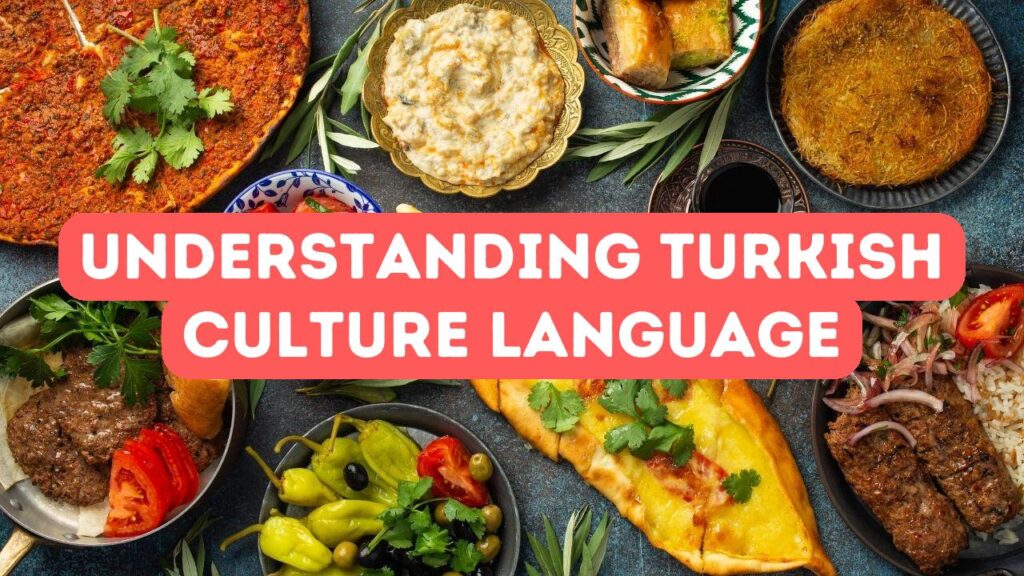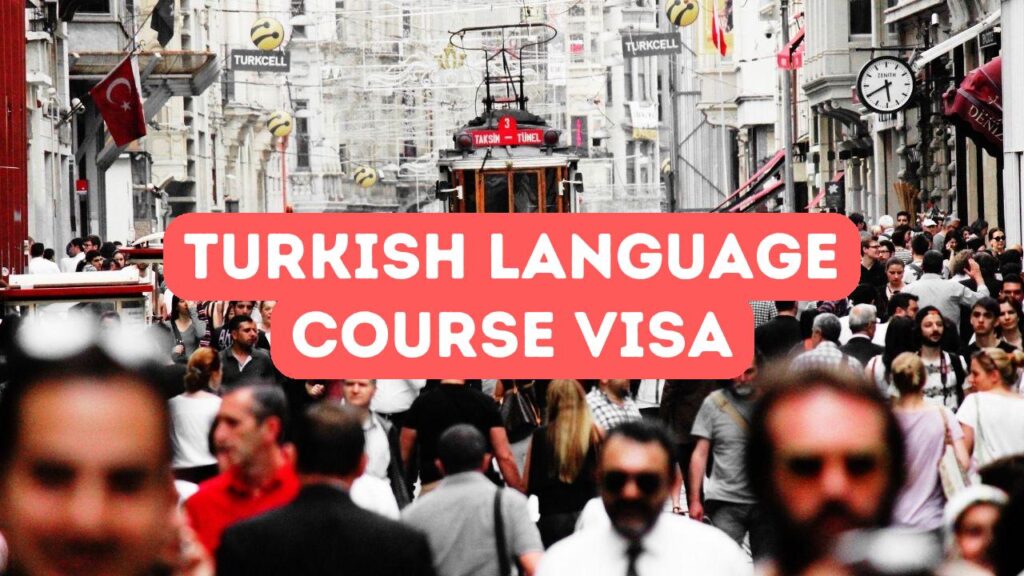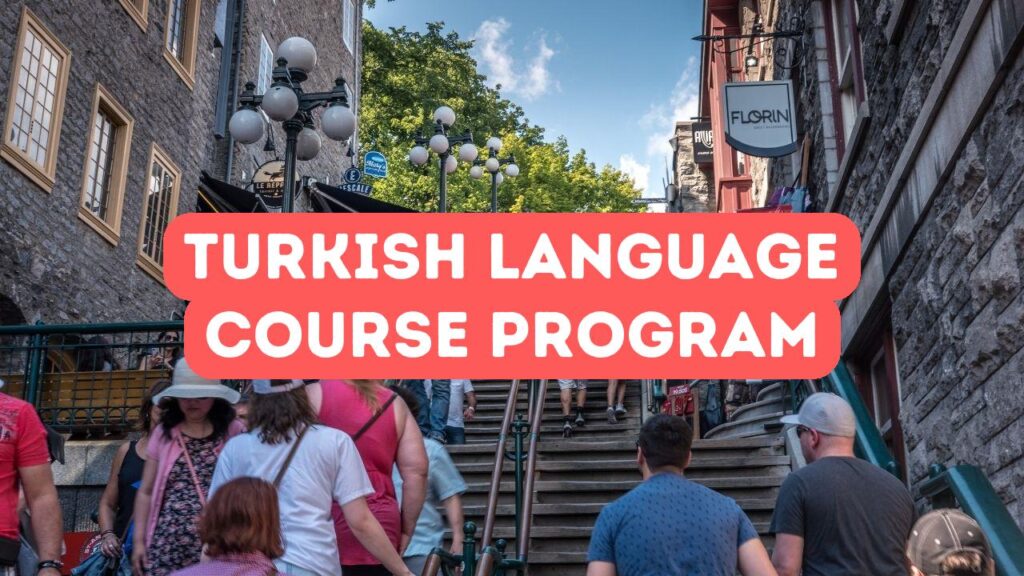Understanding a culture deeply often starts with its language. In the case of Turkey, this connection is especially significant. Turkish culture insights show that to truly appreciate its nuances, one must delve into its linguistic roots. Language is the heartbeat of any culture, and Turkish is no different. By learning the Turkish language, you open a door to history, tradition, and everyday life in Turkey. Cultural understanding Turkish goes beyond phrases and vocabulary; it taps into shared stories and values. Why is the Turkish language important? Because it bridges the past with the present and fosters genuine connections. When exploring the intricate dance of language and culture, you find expressions and sayings that reflect the country’s soul. They reveal unwritten rules and customs. If you’re eager to embark on a journey filled with discovery, allow language to guide your understanding of this vibrant culture.
The Intricacies of Turkish Linguistics and Cultural Identity
Turkish culture insights underscore the intricate ties between linguistics and cultural identity in Turkey. Dive into its language, and you’ll discover a tapestry woven with influences from Ottoman, Persian, and Arabic traditions, highlighting the depth of cultural understanding Turkish offers. This linguistic blend isn’t just about words; it’s a reflection of the nation’s history and evolution. To learn the Turkish language is to step into a world where language and culture intertwine seamlessly, offering unique perspectives on societal norms and values. Explore expressions like “Birlikten kuvvet doğar” (Strength comes from unity) to see how language embodies the Turkish spirit. The importance of the Turkish language lies in its ability to convey emotions and worldviews deeply linked to the cultural fabric. For anyone curious about embracing Turkish identity, this linguistic journey reveals a legacy of resilience, hospitality, and community values that define the soul of Turkey.
Peeling back the layers of Turkish linguistics reveals not just a language, but a vibrant insight into cultural identity. For those who choose to learn the Turkish language, you’ll stumble upon cultural understanding Turkish long before a textbook term. Language and culture in Turkey play a game of give and take, reflecting the Turkish people’s intricate traditions and communal spirit. Consider proverbs like “Damlaya damlaya göl olur” (Drop by drop, a lake will form), which offers a peek into the prevailing patience and perseverance that thrive in society. Turkish culture insights reveal how intertwined language is with life lessons. Turkish language importance becomes obvious as it unveils tales of shared dreams and values. So, as you journey through its vocabulary, you’re not just acquiring words; you’re stepping into age-old customs, unmasking Turkish identity layer by layer, and fostering connections rooted in centuries of shared histories.
Delving into Turkish culture insights provides more than just a glimpse of past eras; it invites an immersion into the nuances of everyday life. When you learn the Turkish language, you unravel layers that reveal common dialogue and reveal embedded cultural beliefs. Language and culture dance hand in hand, portraying a vivid tapestry of interactions. Think of expressions such as “Güle güle kullan” (Use it with laughter), an invitation to value everyday pleasures. Cultural understanding Turkish goes beyond vocabulary; it speaks of a deep-seated respect and fondness for life’s little joys. Turkish language importance magnifies with every proverb and idiomatic expression, creating bridges across time and context. Those who venture here find not just language skills but a profound resonance with Turkish life’s rhythm and grace. This linguistic thread weaves a story that is continually unfolding, waiting for you to explore and appreciate.
Unraveling Historical Influences on Modern Turkish
To grasp the depth of Turkish culture, one must explore how history intertwines with its language. This journey reveals layers of Turkish culture insights shaped over centuries. The Turkish language importance is evident when you consider how ancient empires and trade routes influenced its development. It’s a tapestry woven with threads from Persian, Arabic, and European tongues, giving it a unique richness. These historical imprints aren’t just in vocabulary; they’re alive in idioms and expressions that capture the essence of cultural understanding Turkish. Each word is a whisper from the past, telling stories of resilience and adaptation. Learning Turkish language opens windows to ages gone by, allowing you to hear echoes of rulers, poets, and common folk alike. Delve into this linguistic legacy, and you’ll find the heartbeat of a nation that has continuously embraced and evolved through time.
Modern Turkish is a vibrant tapestry of historical influences waiting to be explored. When you learn Turkish language, you uncover clues from centuries past, embedded in every word and phrase. The Turkish language importance can’t be overstated as it beautifully marries past and present. It reflects a cultural understanding Turkish that’s steeped in a rich heritage yet looks forward with modernity. Over time, sultans’ decrees, poets’ verses, and traders’ deals have left their mark. The amalgamation of different languages within Turkish culture insights tells tales of conquerors and travelers. Language and culture are intertwined, with Turkish serving as a living testament to a confluence of civilizations. Each borrowed word reflects a piece of history absorbed and transformed within its borders. So, as you delve into the language, you’re not just learning phrases; you’re tracing the footsteps of countless generations shaping the nation today.
Unraveling historical influences uncovers the core of Turkish culture insights. As you embark on the adventure to learn Turkish language, you’re not just memorizing words; you’re becoming a keeper of stories. The Ottoman Empire’s grandeur, the Silk Road’s whispers, and Anatolia’s ancient civilizations have all left their footprints on Turkish. These historical ties contribute to a rich cultural understanding Turkish that’s vibrant in modern dialects. Language and culture meld seamlessly here, speaking of past victories, losses, and transformations. Every idiom and borrowed term serves as a testament to the Turkish language importance. It’s a bridge connecting countless eras, reminding us how resilient adaptation weaves a shared heritage. So when you engage with Turkish, you’re engaging with a living mosaic—each phrase a small piece of a grand historical puzzle that continues to shape identities today.
The Role of Language in Shaping Turkish Social Norms
The Turkish language shapes social norms in profound ways, acting almost like an anchor for Turkish culture insights. In Turkey, greetings go beyond words; they’re a form of respect and connection. Learning the Turkish language is not just about grammar or vocabulary; it’s about understanding social frames where phrases reflect values. For instance, when someone says “hoş geldiniz” (“welcome”), they’re not just greeting you; they’re ushering you into their world and their cultural fabric. Cultural understanding Turkish highlights how language dictates behaviors seen at even the dining table, where respectful words and customs go hand in hand. These norms, born from language, are signposts of Turkish language importance, guiding social interactions with grace and respect. When language and culture intertwine, they create a map for everyday life, showing how strong the influence of words really is.
Understanding language and culture in Turkey provides deep Turkish culture insights, particularly through the lens of modesty and respect. In everyday interactions, the Turkish language plays a pivotal role in expressing this cultural understanding. Phrases like “elini kolunu sallamak” (literally “to swing one’s arms and legs”) convey much more than actions—digging into subtle values of decorum and self-awareness. Under the umbrella of the Turkish language importance, such expressions guide behavior, encouraging individuals to proceed with mindfulness and humility. Furthermore, in social settings, learning the Turkish language opens doors to more than communication; it exposes the unwritten codes of politeness that shape every interaction. This cultural grasp isn’t just learnt; it’s lived and breathed, making the interconnectedness of language and norms an essential thread in the social fabric. By embracing language, you truly begin to navigate the essence of Turkish society.
Discovering Turkish culture insights requires diving into the symbiosis between language and social norms. In Turkey, language isn’t just a tool; it’s a tapestry weaving cultural understanding Turkish through intricate patterns of etiquette and social roles. Formal speech and expressions like “saygı” (“respect”) are not just learned; they’re felt deeply, embodying the Turkish language importance in daily life. This respect, embedded in the vernacular, highlights how deeply rooted the language is in shaping interactions. Through the conscious choice of words, even a simple conversation can mirror the societal hierarchy and honor the community’s age-old traditions. Learning the Turkish language, therefore, becomes crucial for anyone wishing to grasp not just words, but the essence of how these expressions mold community dynamics. These cultural nuances reveal that language and culture, in the Turkish context, are inextricable, underscoring the pivotal role of language in defining Turkish social norms.







